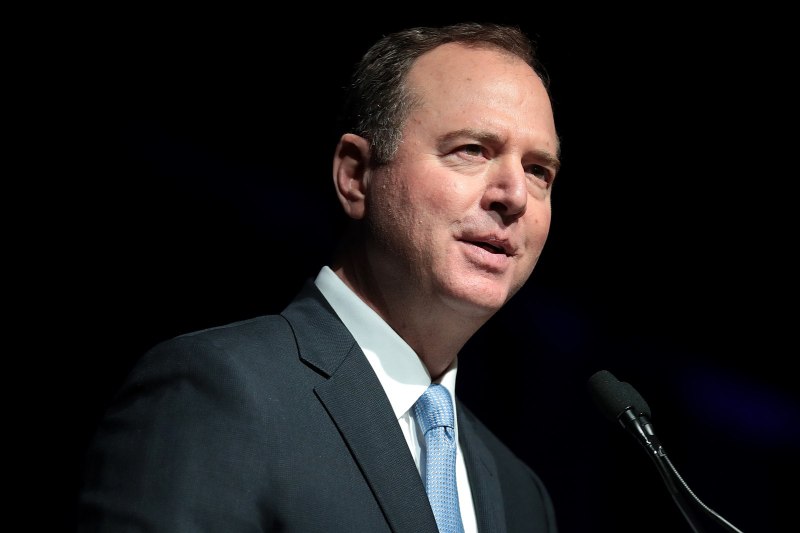Americans ought to be wary of cybersecurity threats and the national security challenges associated with the constantly-evolving media landscape, according to Congressman Adam Schiff (D-Calif.) ’82.
At a Wednesday evening webinar hosted by Stanford in Government, Schiff described the current cybersecurity landscape as a “wild west” where aggressors can inflict great harm while facing minimal consequences. Schiff pointed to the North Korean Sony Pictures hack, China’s theft of records from the Office of Personnel Management and, most recently, the Russian attack on SolarWinds.
“We invest billions in the infrastructure of cyber-defense, but technology has changed so quickly,” he said. “Is it even possible to defend and to keep pace with the innovation that changes at a rate of every 18 months or quicker? I think the answer is unclear.”
Schiff looked to to the SolarWinds hack as an indicator of what he characterized as weaknesses within the current national security policy, saying that Russia was able to penetrate American defenses by attacking a vendor, or “part of a supply chain.”
He criticized what he called President Donald Trump’s “ineffective approach” to cybersecurity and his “unwillingness to confront the Russian actor.”
In order to better defend the country from cyberattacks, Schiff advocated for creating a mutually beneficial relationship between the public and the private sectors.
“We don’t want the public sector to have to invent its own technology, as it can’t possibly keep pace with private sector innovation,” he said. “But we must also make sure that private sector security is good enough to prevent these kinds of things in the future.”
Computer science and electrical engineering professor Dan Boneh addressed these challenges in a statement to The Daily, writing that “many companies, including small and medium businesses, run their own infrastructure.” As such, “managing a computing infrastructure and ensuring its security is quite challenging.”
According to Boneh, the best way to remedy these security challenges is to move more computing infrastructure into a “well-managed cloud.”
“Microsoft, Amazon and Google have thousands of engineers devoted to security,” he said. “Most companies can’t afford such a massive security effort and would benefit from the investment of the large cloud providers.”
Regarding internal threats against national security, Schiff pointed to the evolving media landscape, saying it has negative implications on information sharing. According to Schiff, social media platforms can “accelerate and amplify threats to our country,” including “the white nationalist threat we experienced with the Capitol earlier this month.”
“We evolved from a time where we had a common body of accepted fact to the model where social media curates the information we want to see,” he said. “We need to figure out how to maintain cohesion and not let this media environment tear us apart.”
Contact Nina Iskandarsjach at ninaisk ‘at’ stanford.edu.
